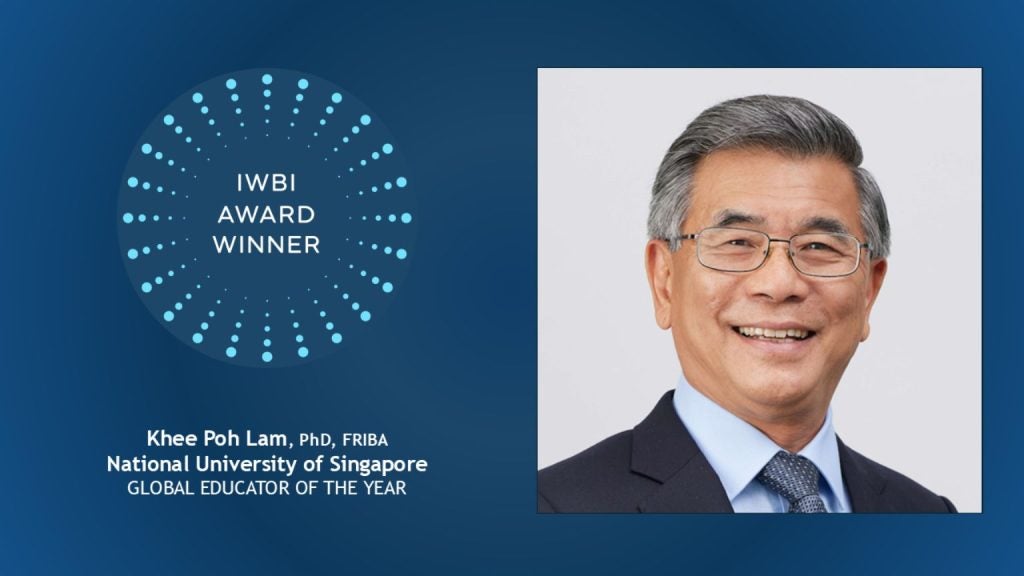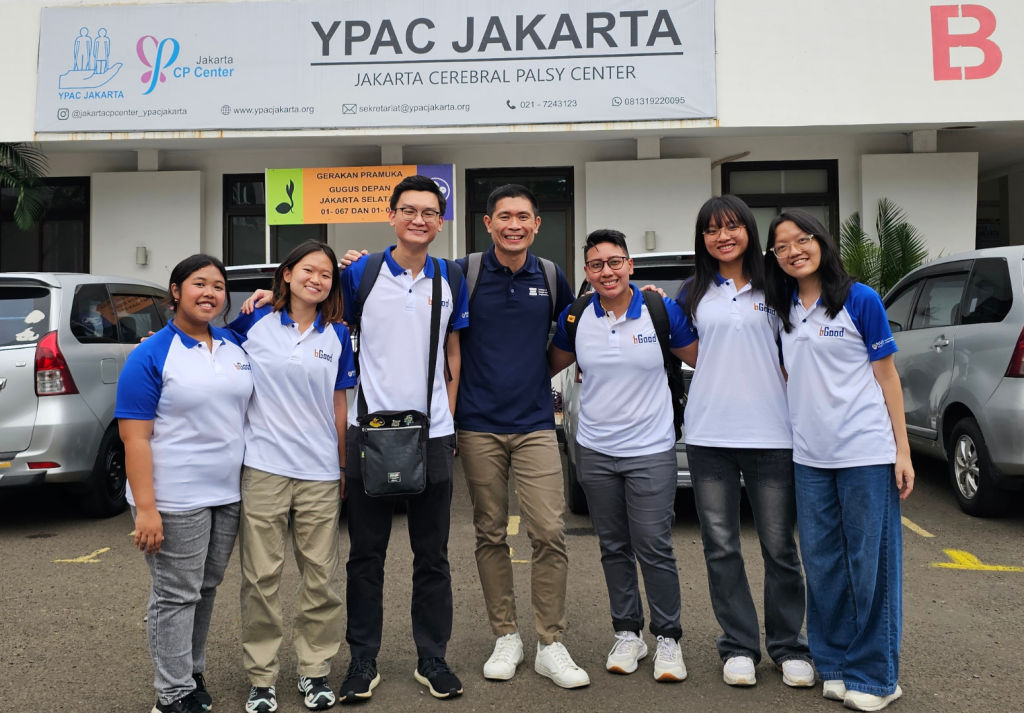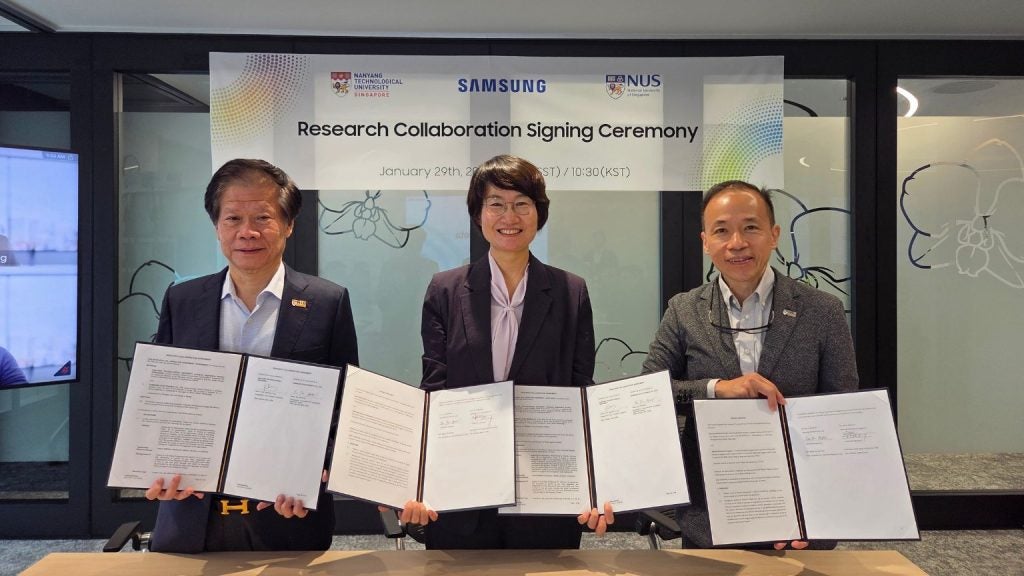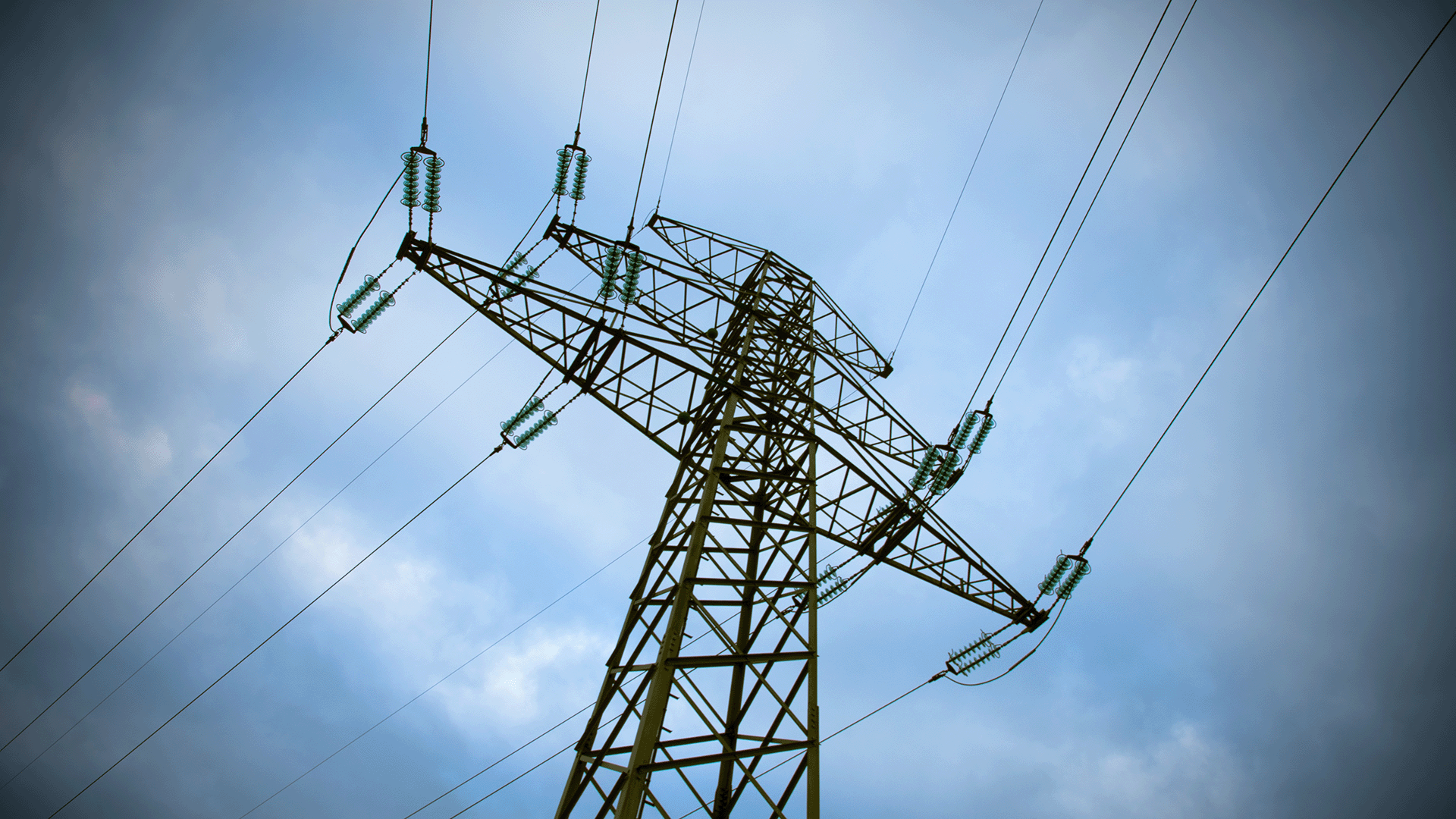
By Associate Professor Jimmy Peng
Electrical and Computer Engineering
In times of crisis, we tend to assume that people will rally around the idea of fairness. When energy is scarce, such as during a power blackout caused by a major storm or other emergency, equal rationing to ensure everyone gets their fair share seems like the logical solution for civil defence and to keep society functioning relatively smoothly.
But in a recent research study, we revealed what could be a surprising twist.
Many people actually prefer a market-based approach, even in the midst of a crisis. The findings shed light on the importance of energy markets and the preferences of individuals within a community toward the distribution of finite energy resources.
Our study, published in Nature Communications, uncovered a striking preference for flexibility and choice when it comes to rationing energy in community microgrids during emergencies. A community microgrid refers to electrical infrastructure that the community invests in, such as battery banks, diesel generators, and solar photovoltaic systems, that can sustain the community’s electricity needs in the event of a utility grid blackout.
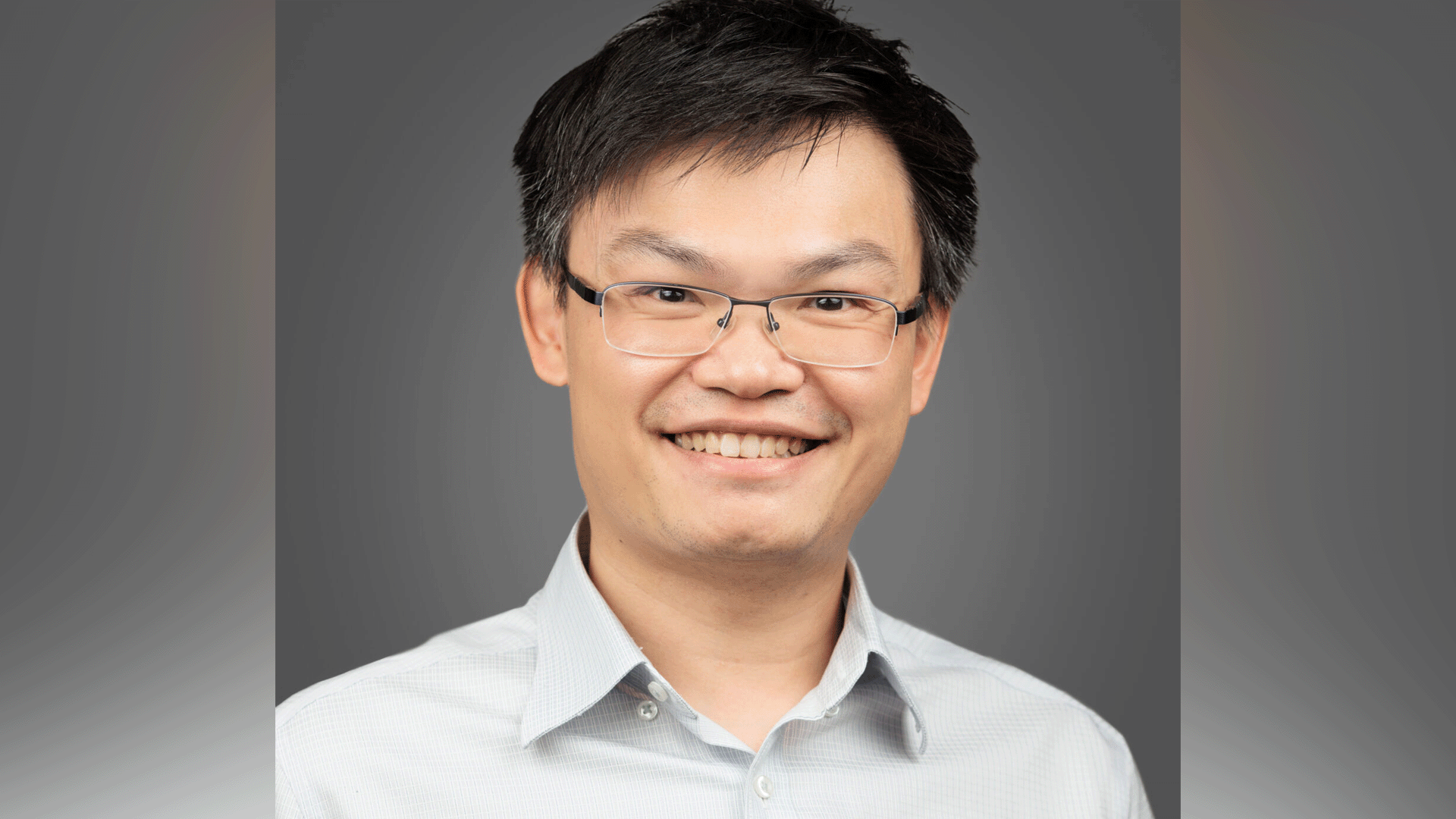
Rather than opting for equal distribution, our survey of more than 1000 residents in the US —where our study was focused—found that more than 90 per cent favoured a “differentiated service” approach where energy could be bought and sold. In this system, certain households can pay more to access higher energy quotas during prolonged blackouts. In other words, during an energy crisis, people are willing to pay for more power, while others, who can store energy, could be rewarded for sharing their surplus. People didn’t just want enough energy to get by—they wanted the option to make their own choices about energy consumption and sharing, even when resources were stretched thin.
This flies in the face of the traditional approach, which assumes that during a crisis, fairness means equal rationing. The reality, it seems, is more complex. People, especially in market-driven economies, are used to the idea of paying for what they use.
The concept of rewarding those who store energy or use it more efficiently taps into a broader societal understanding of how markets work—and our study seems to show that people don’t abandon these principles, even in emergencies. Furthermore, our research suggests new ways of thinking about energy management in emergencies in a range of different contexts.
‘Last resort’ measures
Here in Singapore, we tend to take power supply for granted – that there will always be electricity ready when we flick on the switch. But just in September, amid concerns about growing geopolitical uncertainties, a new law was passed in Singapore’s parliament giving the Energy Market Authority powers to implement electricity rationing as a “last resort” during any future times of crisis.
Given this timely reminder, our study could assist policymakers in designing more resilient and more socially acceptable mechanisms, recognising that people prefer flexibility and market-driven solutions.
For example, one of the study’s key findings was the extent to which people were willing to sell their energy during a crisis. If they owned personal backup systems like batteries, even with the risk of losing backup power, respondents were willing to sell 42–53 per cent of their stored energy back to the community microgrid for the right price. Perhaps optimistically, they didn’t expect to be without power for long.
This points to an interesting dynamic: when faced with energy scarcity, people aren’t simply focused on self-preservation—they’re thinking in terms of opportunity, risk, and reward.
This doesn’t mean that market-based microgrids would allow the wealthy to hoard energy while the less fortunate suffer. Our study indicates that people are open to new ways of thinking about energy distribution provided that the system is perceived to be fair and includes protections for the economically disadvantaged.
Subsidies and other measures could ensure that no one is left behind, while still allowing for flexibility and choice.
Traditionally, engineers have viewed power grids as systems that can be optimised and controlled, with human intervention seen as a complication to overcome. But in times of energy scarcity the human element becomes central, with people making decisions about how to use or share energy based not just on technical factors but on personal values, risks, and preferences.
For policymakers, this could be an important takeaway from our study.
As climate emergencies and other crises become more frequent, the ability to manage limited energy resources in a socially acceptable way will be increasingly critical. Implementing market mechanisms within community microgrids could create a system that is not only more efficient but also more aligned with what people actually want during a crisis.



